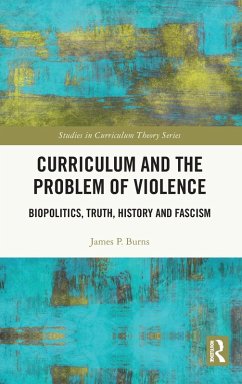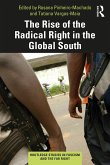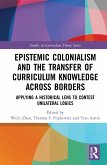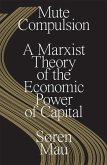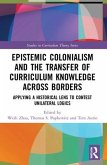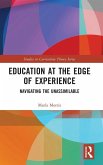This book is a genealogical inquiry into the present problem of violence, in the United States and internationally, through the lens of curriculum theory. It explores a constellation of problems including war, authoritarianism, post-truth, social disparities, and increasingly onerous surveillance technologies. Arguing that the current problem of violence is neither new nor aberrant, the author historicises the conditions of possibility that have produced the violence that presently confronts our world. Seemingly disparate issues such as ethnonationalism, authoritarian populism, Christian nationalism, neoliberalism, the proliferation of sophisticated surveillance technologies, and military Keynesianism are traced to historical features such as "Ur-Fascism," white supremacy, corporate capitalism, religious extremism, propaganda and public relations, institutional power, and the biopolitical "death function" endemic in modern societies. Through a sweeping, powerful, and in-depthanalysis of violence in its genealogical trajectories in global setting, it promises to re-examine curriculum in a different light and open up new possibilities. As such, the book is an important curriculum study which supports curricular ethics as articulated by Bill Pinar, such as the situation of the self socially and historically, the reconstruction of one's understanding of the self and the world, and the potential reconstruction of the social world as more peaceful and just. Significantly, the book contributes to a retheorisation of Foucault's biopolitics as affirmative biopower imbued with ethics of truth-seeking as a technology of the self. It will appeal to scholars and students of curriculum studies with interests in curriculum theory, authoritarianism, non-violence studies, justice studies, ethnonationalism, and technologies of the self.
Bitte wählen Sie Ihr Anliegen aus.
Rechnungen
Retourenschein anfordern
Bestellstatus
Storno

